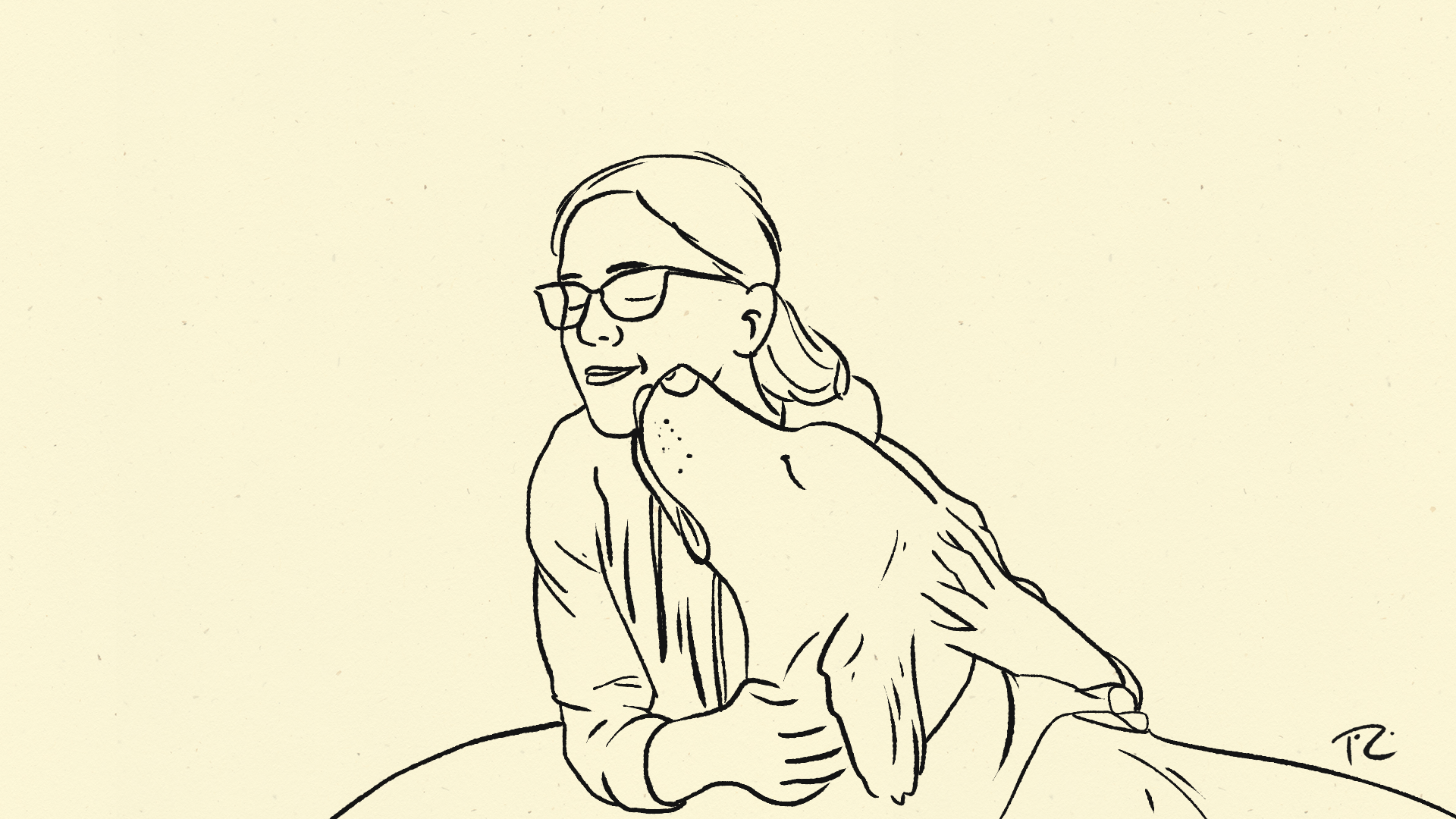The diamond in the ‘ruff’
Luz Adriana Monsalve’s decision to adopt a pet changed her life in more ways than she ever imagined. An Engineering student at Concordia, the adoption of her dog helped Monsalve get through the pandemic.
“At first it was actually terrifying because we first got our dog at the beginning of quarantine. I quickly realized that I was in a building of more than a thousand people. I was going up and down the elevator two to three times a day to walk my dog. So, I would be exposed to a lot of people,” Monsalve explained.
Since March of 2020, there has been a surge of animal adoptions. Many shelters around the city are running out of animals to put up for adoption.
Maria Garcia, an administrator at Refuge Zen in Laval, a shelter for stray animals, explained, “Over the pandemic, people have been adopting animals left and right. As soon as we post a picture of the animal on our Facebook page, they immediately get adopted a few days later.”
Monsalve explained the process she had to go through with the SPCA to adopt her dog. Following hygiene measures, the SPCA sets up an interview with the prospective adoptive parents of the animals. Based on the living situation, the lifestyle of the adoptive parents, the SPCA links you to a certain breed of dog or cat.
According to an article written by Health Affairs, “The struggle to balance literal survival with all the things that make surviving worthwhile has never been so clear, with the COVID-19 pandemic forcing many to sacrifice social connections — and therefore quality of life — for life itself.” One measure that has been helping many is pet therapy.
Medical News Today describes an effect produced by humans interacting with animals as the ‘human-animal bond.’ What this bond means exactly is the human desire to relate to animals.
The article further explains the bond itself helps people by “reducing boredom, increasing movement and activity through walks and play, providing companionship and decreasing loneliness, increasing social interaction, and improving mood and general well-being.”
Every person has a specific need for a therapy animal. Based on the type of therapy needed, the article outlines some of the goals set out for pet therapy, such as “providing comfort and reducing levels of pain, improving movement or motor skills, developing social or behavioral skills, and increasing motivation towards activities such as exercising or interacting with others.”
Emmalyne Laperle, a Sociology student at Concordia, explains her experience adopting her cat. She adopted her cat through the organization Chatopia in September of 2020.
“Since my cat is a pure breed Persian cat, he was used for breeding. He was forced to breed. Some people that I talked to ask[ed] me ‘what’s the big deal? He just has to get female cats pregnant and have babies.’ But the fact is, regardless if he’s having the babies or not, he was kept in an environment that was really harmful. When we got him, he was so stressed that he had patches of fur missing,” Laperle recalled.
Laperle explained that it took a while for her cat to warm up to her and her significant other. For the first couple of weeks, her cat felt uneasy when she would go to pick him up. However, after some time passed, the cat grew a beautiful new coat of fur and the patches are no longer there.
As much as it’s great to give an animal a home, most people do not truly realize the great responsibility that comes with adopting an animal.
“As much as it’s amazing to adopt a dog, it’s a lot of time commitment. A big-money commitment if something goes wrong. They could have a big vet bill,” Monsalve explained.
Pet therapy is a wonderful avenue during this uncertain time, however, it needs to be proceeded with caution. As we are trying to social distance from one another, pets provide companionship and a good distraction from the world around us.
Monsalve, referring to her dog sitting right next to her during a Zoom interview, said, “This dude is my best friend, he’s been a huge company to me throughout the pandemic and I think I would’ve felt really lonely without him.”
Graphic by Taylor Reddam
